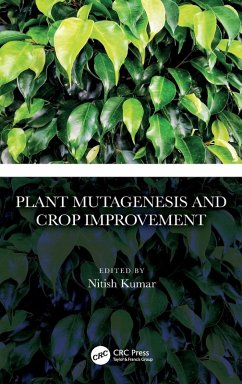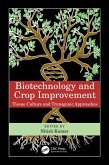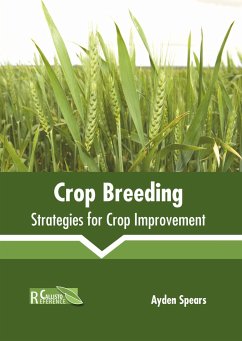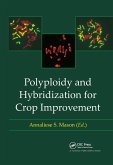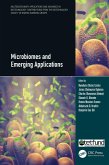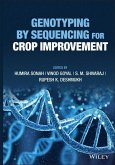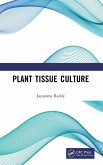Crop improvement using classically induced mutagenesis is now well standardized. Many new promising varieties of different crops have been successfully developed worldwide using both physical and chemical mutagens. Voluminous literature is now available on basic and applied aspects of mutagenesis. The mutation technique has been refined and holds the promise of generating much wider and more desirable variability than classical breeding. Recent advances in technology combined with classical mutation breeding offer new and exciting challenges for the development of new varieties. A global inventory of induced mutagenesis activities for crop improvement is requried. This book covers both basic and applied aspects of mutation and its impact on various crops: it is extremely well prepared and contains a huge volume of information accumulated using classically induced mutagenesis on different crops in different countries.
Three key features:
Describes the importance of induced mutation in crop plant research and its application to productionHighlights new advances in the understanding of plant mutagenesis in crop improvementContains contributions from major leaders in the field of plant mutation research
This volume brings together all the important and relevant literature in the field. It provides a complete account of the mutation breeding of crops, presenting conclusions about the value of the method, its possibilities, limitations, and shortcomings, and the possible difficulties of further application in various crops. The initial chapters deal with the interactions between mutagenic treatment and plant material, such as aspects of mutagenic treatment, postirradiation behavior of shoot apices, and adventitious bud techniques. All available literature is then discussed crop by crop and critically evaluated. This will serve as an extremely comprehensive guide for researchers, teachers, students, and individuals who are interested in using induced mutagenesis as a tool for crop improvement.
Three key features:
Describes the importance of induced mutation in crop plant research and its application to productionHighlights new advances in the understanding of plant mutagenesis in crop improvementContains contributions from major leaders in the field of plant mutation research
This volume brings together all the important and relevant literature in the field. It provides a complete account of the mutation breeding of crops, presenting conclusions about the value of the method, its possibilities, limitations, and shortcomings, and the possible difficulties of further application in various crops. The initial chapters deal with the interactions between mutagenic treatment and plant material, such as aspects of mutagenic treatment, postirradiation behavior of shoot apices, and adventitious bud techniques. All available literature is then discussed crop by crop and critically evaluated. This will serve as an extremely comprehensive guide for researchers, teachers, students, and individuals who are interested in using induced mutagenesis as a tool for crop improvement.

